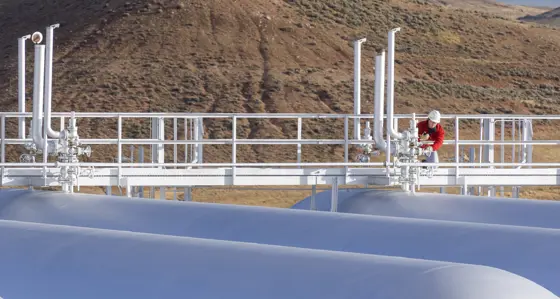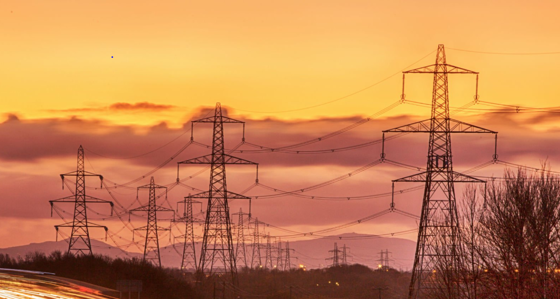
The geopolitics of hydrogen - a new world order
1 August 2023
Can we use the geopolitics of oil and gas as a framework for hydrogen?
Commentators have traditionally argued that the transition away from fossil fuels will reduce geopolitical risk in our energy system. However, the commoditisation of hydrogen offers a challenge to this view.
This is the first installment of Baringa's two-part report on the geopolitics of hydrogen. Our experts draw parallels between the market dynamics of hydrogen and existing hydrocarbons. They also outline the resulting new forms of geopolitical risk posed by hydrogen's roles in the energy transition.
6 key trends in the global hydrogen geopolitics:
- The nascent hydrogen market will display low geopolitical risk due to localised demand being met by local supply.
- As demand for volume increases, supply chains will elongate and the propensity for geopolitical risk will increase.
- The degree of import dependence, means of supply, and the demand elasticity of the resource can inform the level and nature of geopolitical risk.
- New hydrogen exporters and increased market fragmentation have the potential to reshape energy geopolitics and make the market less susceptible to coordinated supplier behaviour and oligopolies, relative to hydrocarbons.
- Global hydrogen exporters may have lower economy-wide political leverage compared to gas due to lower final energy consumption from hydrogen. However, critical systems could still be affected.
- The hydrogen supply chain requires technical know-how, critical material and manufacturing capacity, enabling some countries to exercise their geopolitical leverage upstream.
Our experts


Related Insights

The geopolitics of hydrogen - navigating a new world order
The second installment of our geopolitics in hydrogen report.
Read more
Texas - the hydrogen export powerhouse of the future
Texas is positioning itself as a global leader in hydrogen exports, which offers transformative opportunities to repurpose existing storage, transport and export infrastructure throughout the state, and in particular on the Gulf Coast.
Read more
Hydrogen
Discover insights into hydrogen as an energy vector in a net-zero future from our experts and clients.
Read more
Energy and Resources
We help our clients deliver the energy transition by shaping their decarbonisation strategy, securing their energy needs and investing in future technologies
Read moreIs digital and AI delivering what your business needs?
Digital and AI can solve your toughest challenges and elevate your business performance. But success isn’t always straightforward. Where can you unlock opportunity? And what does it take to set the foundation for lasting success?